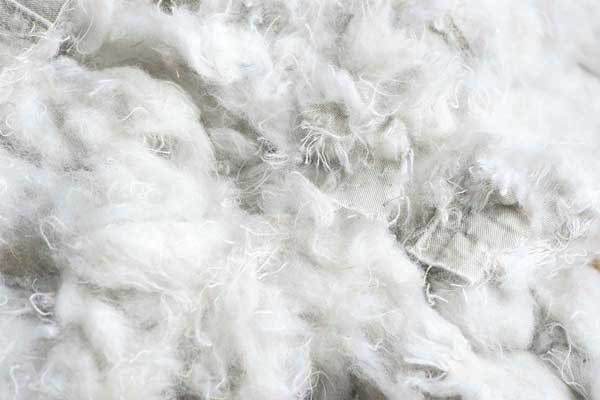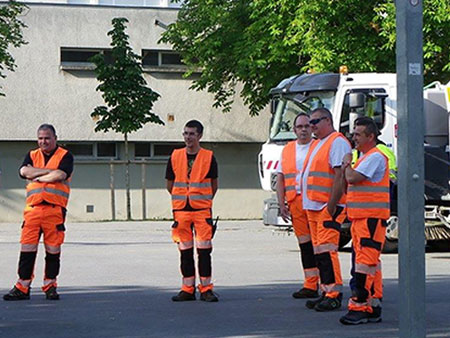SOURCE SUPPLIES DIFFERENTLY
RECOMMENDING ALTERNATIVE AND ETHICAL MATERIALS
COMMITMENT N°4 - SOCIAL AND WORKING CONDITIONS
Creating responsible professional clothing requires the use of certified raw materials, French fabrics and ethical industrial procedures.
CEPOVETT has been a pioneer in fair trade cotton in the professional sector since 2007, and the company has also made a particularly strong commitment to fair trade in Africa. From fair trade or organic cotton, to biosourced and recycled materials, there are many possible alternative solutions for ethical fabrics.


Recycled materials are on a roll
In 2021, the French AGEC (anti-waste and circular economy) Act made it compulsory for public purchasers (State departments, local and regional authorities) to purchase supply goods from reuse and recycling pathways.
CEPOVETT has made the circular economy and tackling waste its key priority, by intending to constantly incorporate more recycled raw material in its workwear, like recycled cotton from manufacturing scraps and recycled polyester from post-consumer clothing as well as recycled plastic bottles. Ultimately, the Company is stepping up its strategy for recycling end-of-service-life garments and for upcycling production waste from its workshops by increasing the percentage of recycled materials in its products. It recommends the use of certified, labelled and ethical materials, hand-in-hand with its partners (Global Organic Textile Standard /GOTS, Fairtrade/ Max Havelaar NGO, etc.)
OUR CSR ACTIONS
COMMITMENTS & PROJECTS
A CSR POLICY
THAT SERVES OUR COMPANY'S OVERALL PERFORMANCE
For many years, CEPOVETT Group has placed sustainable development at the heart of its business strategy, operational processes and systems, underlining a commitment to socially and economically responsible occupational clothing.

Use alternative tissues
4% of turnover from alternative fabrics/clothes

Deployment of materials
Use of linen in the CHR Lafont 2020 collection

Recycled polyester
100% of calls for tender including ethical solutions












